This year, Upstart University celebrates over 30 courses, over 1000 members, and hundreds of future farms entering the industry. As we dive into a whole new year of farmer empowerment, we’ve found it inspiring to understand more about what motivates the people—like you—who are planning a farm.
The ag industry is ripe for change and every day new farmers are finding market gaps to fill with fresh, healthy, locally grown produce. That opportunity combined with a variety of personal values has formed a powerful double engine. The combination allows new farmers to craft careers that are fulfilling to both themselves and the people they grow for.
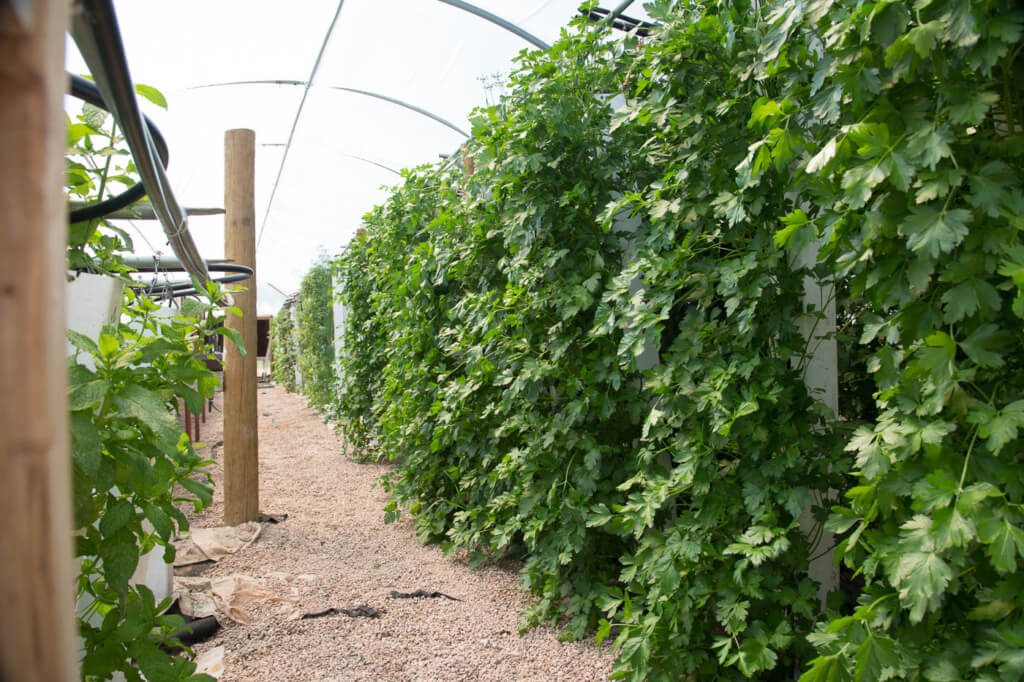
Of course, it can take time for people to identify that personal motivation. The process of discovering your calling can be a long hero’s journey through doubt, second-guessing, trying and failing, and more.
Often, future farmers find themselves working in an unfulfilling job for years before they can decide that they need to take a different path. Which brings us to the first of 7 reasons why people are starting farms.
1) To escape the dissatisfaction with their current job for something significant
Many people enter the farm-o-sphere when they get bored and burnt out with their previous job. Maybe they’ve been stuck in a joyless 9–5 for the last ten years. After plodding through the corporate prison year after year, they’ve realized that they were meant to be part of something bigger. And at some point during those long years, they’ve heard the siren call of farming.
This is a story that most Upstart Farmers have in common. Whether they’re tired of paperwork or just can’t get behind the goals of the job, they soon find themselves making a break to escape to something greater.

2) To address local food issues like food stability & availability
Farming in its various forms has the potential to solve some serious issues facing the world today. One of those is food stability. More small farmers mean more food deserts served, fewer long transport chains, and a more democratized food system overall.
The potential to contribute to that kind of change is a noble cause behind which many new farmers are rallying. For instance, Upstart University student Babatunde O. wishes to address food shortages.
“I wish to join other farmers to produce food in a world that faces acute shortage of fresh food.”
Others like Diane Moeller at Off the Roots Hydroponics have worked in a field where efforts to solve environmental problems are retroactive. Diane found herself—an environmental engineer—working on projects that cleaned up messes rather than preventing them. She saw farming as an opportunity to take a proactive approach.

3) To promote healthy lifestyles with fresh food
Health is another top reason that people find themselves pursuing farming. In the “How to Stop Talking and Start Farming” webinar, we heard from Gary Miller, a health care professional that took this issue to heart. Gary and his wife Lisa found themselves giving health advice as part of their profession.
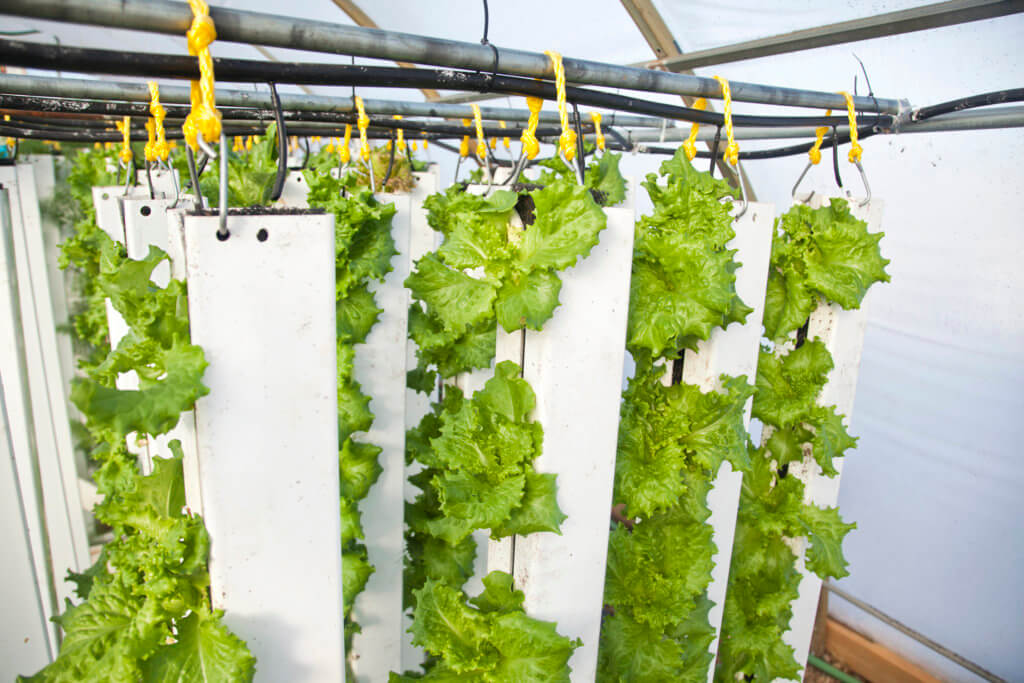
After a while, they realized that their advice was useless if people didn’t have the tools to make it happen. Healthy food was an important part of that toolbox, and Gary and Lisa decided to create access to healthy food with a farm.
Other Upstart University students have found themselves in the same position. Katie K, a current student at Upstart University, says, “First and foremost, I want to produce healthy food in a sustainable way. Second, I want to make money and be my own boss.”
4) To support a family and leave a meaningful legacy
Matt Marsh and his wife are photographers turned farmers. While they understood the ‘starving artist’ lifestyle, they knew it just wasn’t for them. They built their aquaponic basil farm, American Heartland Acres, to create a lasting legacy for their family.
Others, like Lee Speigel at Pulaski Grow, leave a different kind of legacy. Lee runs a youth training program on her vertical farm, where she gives local youth hands-on work experience, practice for job skills, and access to fresh produce all year long.
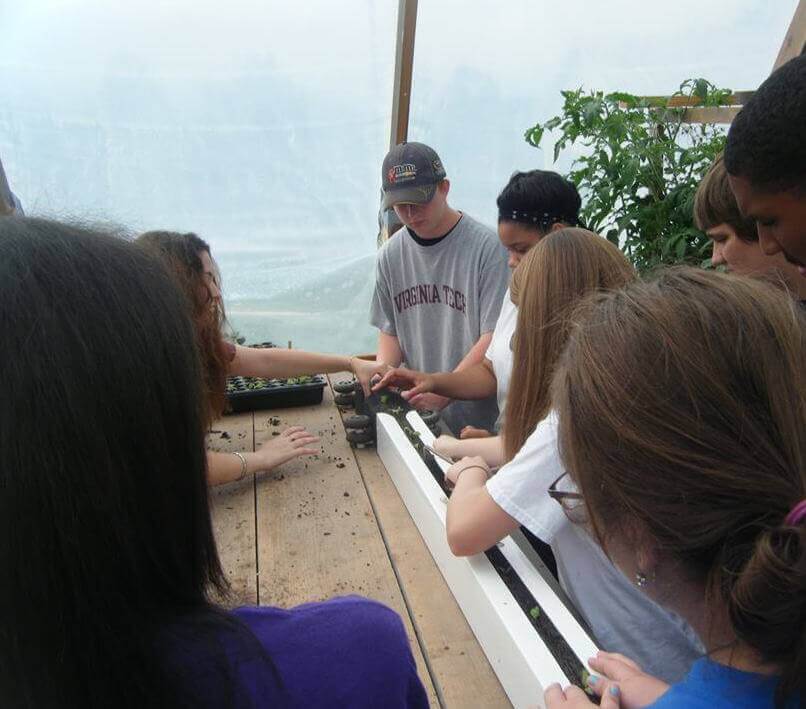
In addition to youth training, Pulaski Grow also offers workshops for adults on aquaponic growing and encourages volunteer participation with both training and growing. There’s no doubt that this valuable experience is a legacy that will last a long time.
5) To impact social, economic, and ethical issues
Farming opens doors into hundreds of opportunities to impact different causes and movements. For example, farmer and Upstart University student Brandon B is hoping to give consumers more choice in the food their eating by providing an option free of pesticides.
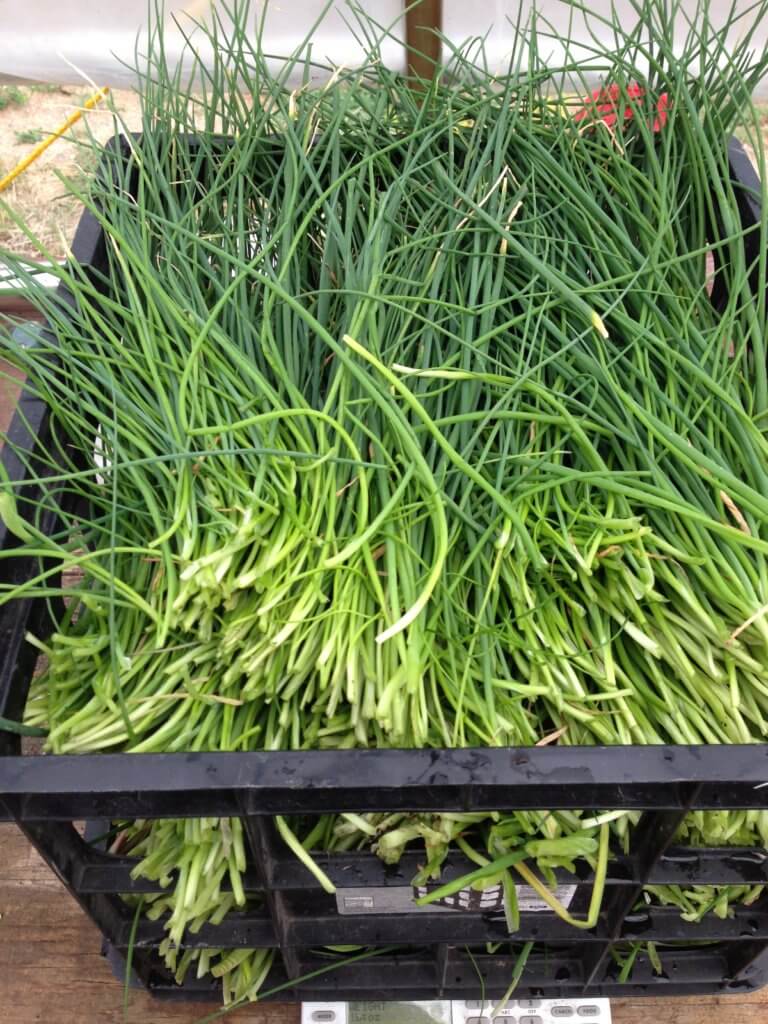 Another Upstart U student explained to us that he was starting a farm for three main reasons: to fight hunger, mitigate climate change, and to provide new employment opportunities for veterans. Still others (like Lee above) are starting to provide employment opportunities and create job training.
Another Upstart U student explained to us that he was starting a farm for three main reasons: to fight hunger, mitigate climate change, and to provide new employment opportunities for veterans. Still others (like Lee above) are starting to provide employment opportunities and create job training.
Many farmers who aren’t directly founded on those goals still give educational tours and help local food banks stock their shelves with good food. Others also put considerable research into sourcing inputs that support renewable resource use and ethical labor.
In all, Upstart Farmers have found themselves in a position where they can strongly support ethical issues like these.
6) To achieve job independence and autonomy
A sixth reason that people are pursuing the dream of a farm is the promise of independence. Courtney Edwards, co-founder of Blue Roots Farm, understands this desire well. She built her aquaponics farm after a career in aquaculture with the goal of independence.
Starting a farm is never easy, but for Courtney, the challenges were worth it.
“The career change has been a bit intense, as any of the full-time Upstart Farmers know . . . But it’s a bit like the difference between renting a house and owning one.”
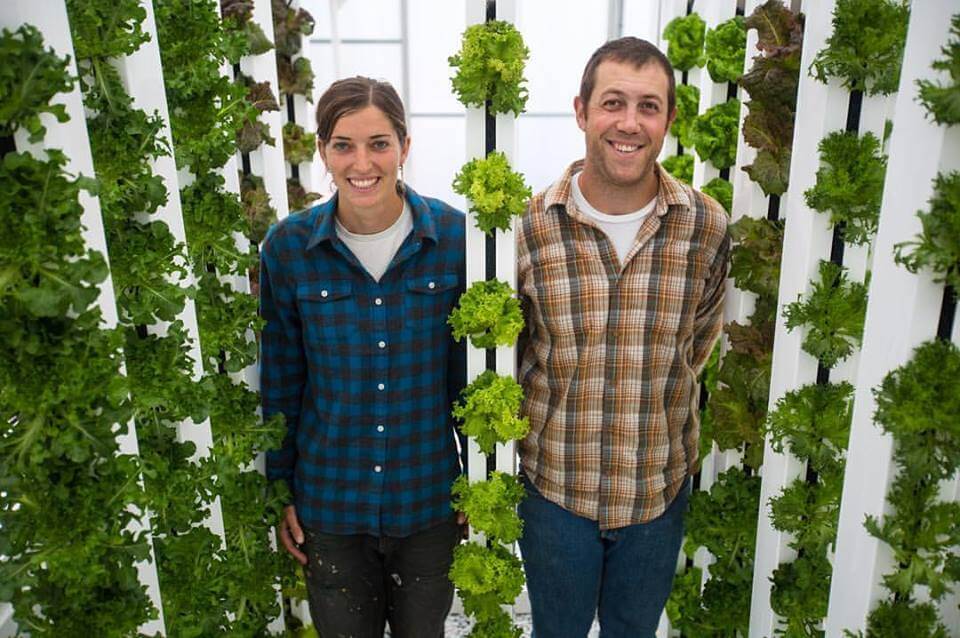
7) To take advantage of the economic opportunities of the developing industry, and benefit from its profitability
Farming has grown to be a backbreaking job with little payout, which has caused some deterioration in the industry (marked most poignantly by the high average age of farmers, 65+ years old). Now, that’s changing.
New farmers are finally joining the industry for a chance to make money again, and finding that there’s a lot of room for growth. “I see huge opportunities for farmers in the next few decades,” said one Upstart University student.
Profitability is (and should be) a main focus of Upstart Farmers, who are using new technology and resources like Upstart University to make farming work for them.
An industry ready for change
When the desires of the market collide with the desires of producers, big things can happen. Upstart Farmers are constantly finding themselves in the position of being able to give their customers exactly what they want. Marre Seleska at Green Wolf Vertical Farm lists the ability to customize her crop offering as one of her greatest strengths.
“[Chefs] can talk to us and ask ‘can you grow this’ and ‘I want to try something different’. I do a lot of consulting with chefs with their menu.”
The motivation of new farmers and the increasing desires of the growing local farming & urban farming markets are not just perfectly matched. They also build each other up.
Upstart University Director Halle Brake says, “Urban and indoor farming movements have fueled industry growth, and industry growth has fueled the impact of these movements in return. It’s a positive feedback loop.”
For more information on how or why you should decide to start a farm check out our Ultimate Guide to Starting a Farm!


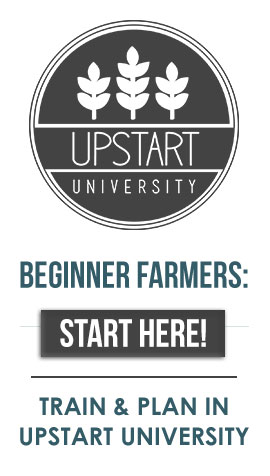
Vey informative! I like the info provided by you. Thanks a lot for sharing the wonderful article.